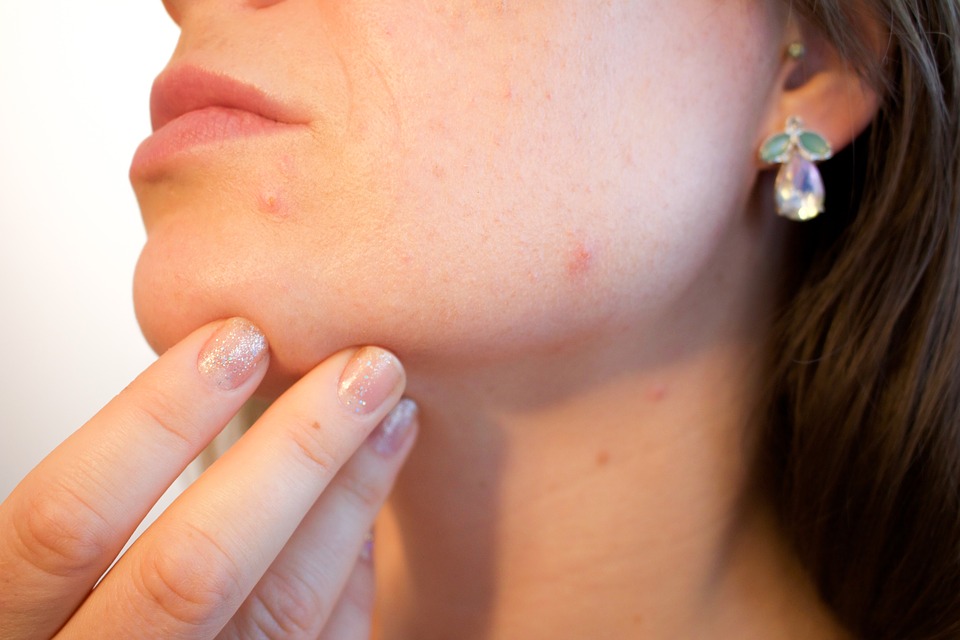It is often said that while stepping out in the sun we should wear sunscreen. Sun protection is important, mainly to prevent sunburn, premature aging, and skin cancers. However, chemical sunscreen can have severe side effects too due to the medications present in like phenothiazines, sulfa drugs, and tetracyclines. Let us find out a few side effects of sunscreen.
Ways to use sunscreen:
- Apply sunscreen all the skin
- You must apply the sunscreen before 30 minutes of stepping out of the sun
- It is suggested to re-apply the sunscreen after sweating, swimming, etc
- Even if you are inside your house, keep applying sunscreen every 4 hours
Side Effects of Sunscreen:
Here are a few top side effects of sunscreen:
- Allergic reactions- It is one of the common side effects of sunscreen. Sunscreens include certain chemicals that can cause skin irritation like swelling, redness, itching, and irritation. Some people even suffer from serious allergic reactions like intense itching and rashes. The allergic reaction can be caused due to the harsh chemicals found in sunscreen like preservatives and fragrances.
One of the common chemicals used in almost all sunscreen is PABA. It causes allergic reactions. Therefore, nowadays many cosmetic companies have stopped using this chemical in their products. You can even purchase sunscreens that have a label, “hypoallergenic.” If you are not sure about the allergic reactions that may be caused by a sunscreen product, do a patch test done by a dermatologist. You can make use of sunscreens that contain zinc oxide, as they are less allergic.

- Sunscreens can worsen the acne- One of the few side effects of sunscreen is it can worsen your acne. If you have acne-prone skin, some chemicals used in sunscreen can worsen the problem. In order to get rid of this side-effect of sunscreen, you can buy non-oily and non-comedogenic sunscreens. It is advised to make use of a sunscreen that is best suited for your skin type. You should avoid using sunscreen on your face as it is too heavy.
- Eye irritation- It is one of the common side effects of sunscreen. Sunscreen getting inside the eyes can cause irritation and pain. This can result in a burning sensation in the eyes. Some claim that chemical sunscreens can even cause blindness. If by any chance, sunscreen gets into your eyes, rinse with cool water thoroughly and then see your doctor.

- Can cause breast cancer- It is one of the damgeroues side effects of suncscreen. Sunscreen contains ingredients that can produce estrogenic effects on breast cancer cells. You must avoid applying sunscreens on your kids, as their skin can absorb the chemicals fast.
- Pain in the hairy areas- As there are so many sunscreens available in the market, you can get confused which one to choose among them. They are available in different forms like sprays, gels, ointments, wax sticks, and creams.
It is your personal choice based on your skin type. Gels are the best for hair areas like the male chest or the scalp. Some sunscreens cause drying or tightening of the skin which can cause pain in the hairy parts.
- Pus in hair follicles- It is the rarest side efects of sunscreen. Sunscreens can result in itchy spots on the skin that tend to cause red bumpy rashes. Sometimes, these turn into pus-filled swellings around the hair follicles.
How to Avoid Few Side Effects of Sunscreen
- Wash away and stop using sunscreen, if you find that it is causing any type of skin irritation or redness
- Consult with your doctor or seek the advice of your pharmacist regarding using a new sunscreen
- You must reapply sunscreen every 2 hours if you stay outside for a long span of time
- If you use the lip balm form of sunscreen, then you should apply it only on the lip
- While buying sunscreen for kids, choose wisely
- Do not apply sunscreen on kids who are less than 6 months old
- If you have oily skin, always buy an oil-free and non-comedogenic sunscreen
As discussed above, there are a few side effects of sunscreen. One of the best ways to get rid of such types of problems is to use natural items that are chemical-free. You can select from zinc oxide or titanium oxide-based sunscreen. This will avoid all kinds of allergic reactions.
Precautions to Follow while using a sunscreen
As there are so many side effects of sunscreen, you must follow some precautions while using the sunscreen. If any type of skin irritation or rash develops, stop using the sunscreen immediately and consult with your doctor. Sunscreen agents consist of aminobenzoic acid, padimate O, proximate, or lisadimate may lighten colored fabrics and make them look pale yellow.
Along with using sunscreen, you must not go out under the sun from 10 in the morning to 2 in the afternoon when the sun’s rays are at their strongest. Take extra care on overcast or cloudy days and when you are near reflective surfaces like sand, water, concrete, or snow, as these surfaces can show the sun’s damaging rays.
When you go out under the sun, make sure you wear protective clothing like a full-sleeved shirt, long pants, and a hat. You must also wear sunglasses to protect your eyes from any kind of sun damage. Avoid tanning parlors and sunlamps as these can cause harm to the eyes and skin.
Tips to Choose the Right Sunscreen
Always choose a sunscreen that comes with a “broad spectrum” protection. Sunscreens with this specific label protect against both UVA and UVB rays from the sun. Every sunscreen protects against UVB rays, which is one of the main causes of skin cancers and sunburn.
But UVA rays from the sun also contribute to premature aging and skin cancer. Very few products that pass through a specific test are labeled as “broad spectrum.” Products that do not fall under the category “broad spectrum” carry a warning. It says that they are only helpful in protecting against sunburn, and not just skin aging or skin cancer.
Ensure your sunscreen has a sun protection factor (SPF) of 30 or more. The SPF number is the level of protection which the sunscreen offers against the harmful UVB rays. The higher the SPF number, the more is the protection, but the higher you go, the small the disparity becomes.
SPF 15 sunscreens filter nearly 93% of UVB rays, whereas SPF 30 sunscreens filter nearly 97%, SPF 50 sunscreens nearly 98%, and SPF 100 about 99%. None of the sunscreens can protect you totally.
You must have come across water-resistant sunscreens. Keep in mind that water-resistant does not mean waterproof. None of the sunscreens available in the market are waterproof. If you find that a sunscreen’s label says itself to be water-resistant, then it must clarify whether it can last for 40 minutes or say, 80 minutes while sweating or swimming.
For achieving the best results, you must reapply sunscreen every 2 hours or more often if you sweat a lot or you are into swimming. However, you must be aware of the side effects of sunscreen before doing so. Generally, sunscreen rubs off when you dry yourself with a towel, so you need to put on a good amount of sunscreen.
The newer the sunscreen, the better will be the result. Before buying a sunscreen, make sure you check its manufacturing date. Sunscreen contains ingredients that get damaged quickly. Therefore, it is always better to buy fresh sunscreen. Try to buy one at a time instead of stocking it in your closet.
Always buy a creamy sunscreen rather than a powder or spray. Powder and spray sunscreens are mineral-based and consist of nanoparticles. These can get into our bloodstream which in turn can cause several health issues. Try to avoid such products and always buy cream-based sunscreens.
Now as you are aware of the side effects of sunscreen, keep these things in mind before applying sunscreen so that it will not affect your skin.

